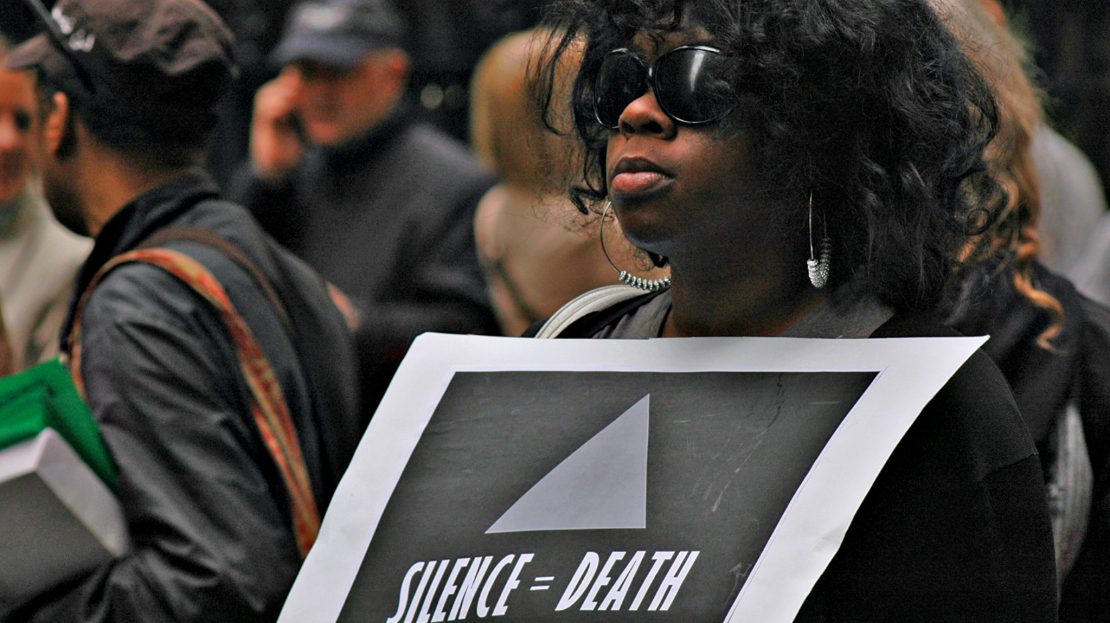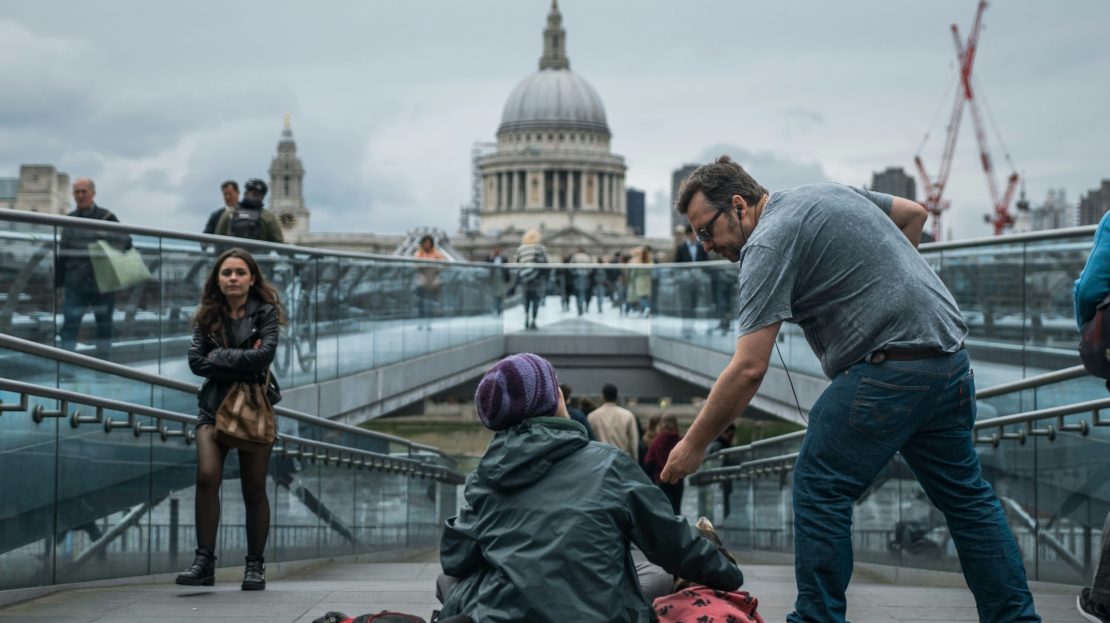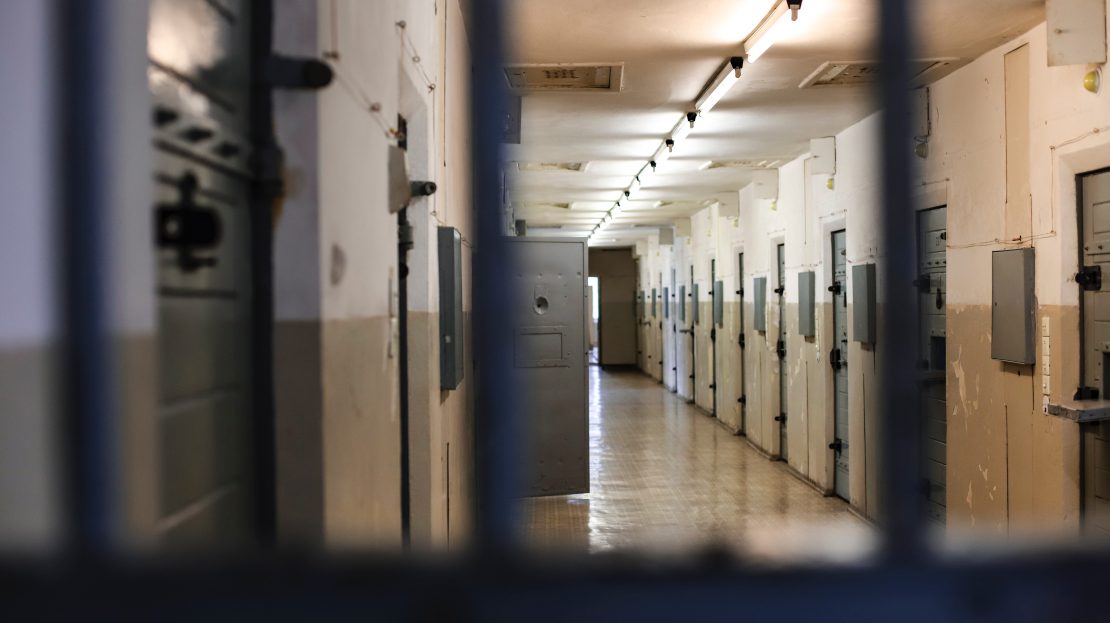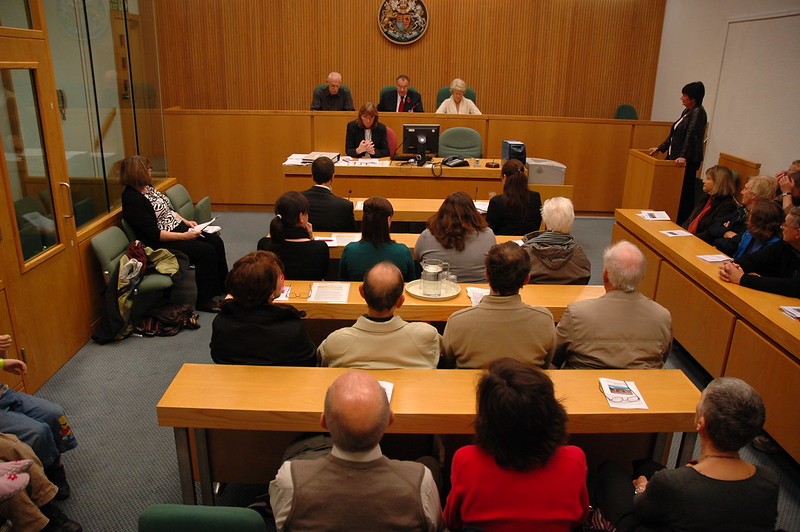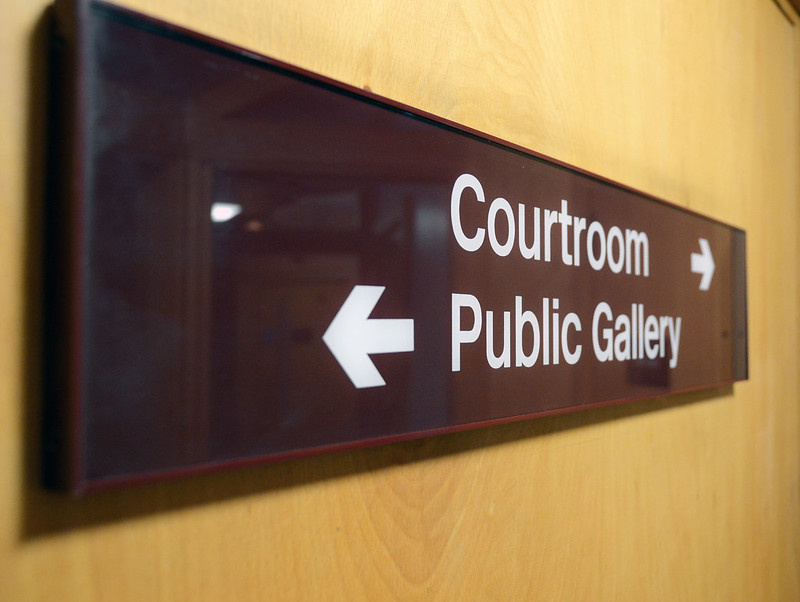
Prof. Philippe Sands: You have this remarkable situation in which Hersch Lauterpacht is prosecuting the man directly responsible for the deaths of his own family. It could be said that modern human rights is descended very largely from the work of Hersch Lauterpacht.
Hersch Lauterpacht was born in a small town called Zhovkva in the Austro-Hungarian Empire in 1897. He went to study at what is today Lviv University and then at the University of Vienna. In 1945, he published an international Bill of Rights of Man, which was the first effort by an academic to set out the theory of human rights for all human beings. You can draw a direct connection between Lauterpacht's book, the Universal Declaration on Human Rights and the European Convention on Human Rights.
That same year in 1945, he was hired to be a member of the British prosecution team at the famous Nuremberg Trial. The man that he prosecuted principally was Hans Frank, who was the Governor General of occupied Poland, including the area in which his family remained behind, and we're talking about his mother, his father, his brother, his sister. They were all killed, essentially, on orders adopted by Hans Frank. It was he also who came up with the idea of including in the statute of Nuremberg, the concept of crimes against humanity. And crimes against humanity on his conception was concerned with the international crime of killing large numbers of individuals.
So the central focus of Lauterpacht's work was to seek to ensure for the first time that human beings as individuals had minimum rights under international law, and that was a revolutionary idea, it had never happened before. I think the current crop of politicians have tended to forget what it was that happened in that period. People find a connection between Lauterpacht and what we're beginning to see on our streets now. The rise of nationalism, the re-birth of xenophobia. The reason people have an interest in reading about Lauterpacht is, I suppose, a hope that the experiences he went through and the lessons that he drew from that, offer a reminder as to what we should and should not be doing right now.










